Rachel Campbell
Dr. Bucy
History 2010 - 10:10
September 14, 2009
Misconception: Settlement in the New World Is Not What Students Thought
“When was the country we now know as the United States first settled?”
James W. Loewen asked many college students this very question, hoping the answer would be 30,000 B.C., but the consensus among the students was 1620. Yes, the year of the First Thanksgiving was in their minds. Loewen states in his article, “The Truth about the First Thanksgiving” (76), “…my students’ heads have been filled with America’s origin myth, the story of the First Thanksgiving.” The well-known story of the First Thanksgiving portrayed America as a bright land where the Pilgrims and Indians met in peace and shared a feast. But according to Loewen this is not so, and students have this misconception about the first settlement in America because their history textbooks have not told them otherwise; there has either been no acknowledgement or textbooks have barely mentioned the massive amount of death that took place and bad relations between the pilgrims and the Indians.
Loewen believes one of the important factors that students are oblivious to is the enormous amount of death during the settling of America. Settlers from Europe carried diseases to the Americas themselves, as did their livestock. These diseases the Indians had no immunity to. Second, Natives and settlers were naturally rivals. This too resulted in many Indian deaths. Sadly, as a result, each time new settlers came to the new world there were less and less natives.
In addition, Loewen believes students have the wrong idea about the Pilgrims. Some choose to debate why the Pilgrims ended up in Massachusetts when they set out for Virginia, but that’s history, we may never know. More importantly is what they did when they got here. Loewen says, while textbooks paint Pilgrims to be “a pious and moral band” (89), he knows another side of the Pilgrims that the textbooks do not tell. Pilgrims did not have agricultural knowledge, so they forced Indians to teach them, “slavery” Loewen calls it. Not only that, the Pilgrims stole from Indian’s homes, and also robbed their graves. Indeed the Pilgrims were not the sweet spirited, innocent people students think them to have been.
When I looked back at what I believe to be true about the settlement of America, I realized I viewed it from the same perspective as Loewen’s students. But, The American Past, by Joseph R. Conlin, justly represents Loewen’s non-traditional perspective of death in America (17-19). However, unlike Loewen, Conlin blames the Indian casualties more on disease rather than rivalries between the pilgrims and natives. In respect to the Pilgrim’s actions toward natives, Conlin is traditional in his portrayal of the Pilgrims and acknowledges nothing of the thefts or slavery. In fact, according to Conlin, Squanto taught the Pilgrims to farm, and wealth was never mentioned.
Loewen believes that “Correctly taught, the issues of the era of the First Thanksgiving could help Americans grow more thoughtful and more tolerant, rather that more ethnocentric” (97). Is it important to know all possible truths about the past? Yes, students should be able to decide what they believe as truth. But in order to do so, they cannot just be told a small part of the story. Loewen states, “Surely, in history, ‘truth should be held sacred, at what ever cost’” (97).
Works Cited
Conlin, Joseph R. The American Past: A Survey of American History, Volume 1: To 1877, Enhanced Eighth Edition. Belmont, CA: Thomson Wadsworth, 2009.
Loewen, James W. Lies My Teacher Told Me: Everything Your American History Textbook Got Wrong. New York: Simon & Schuster Inc., 1996.
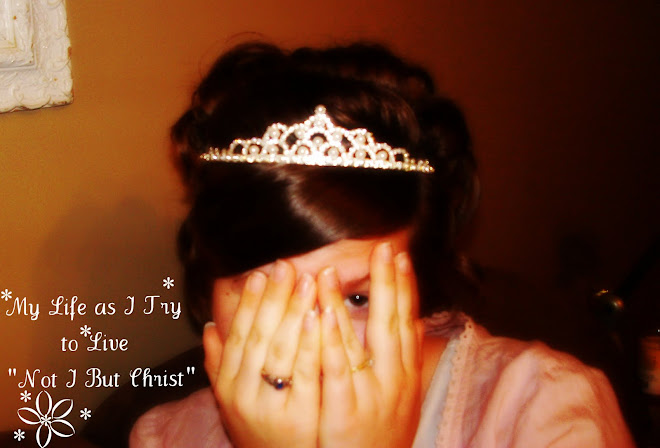
















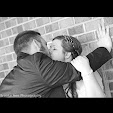






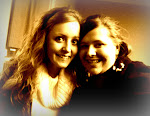







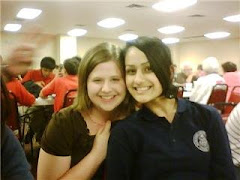
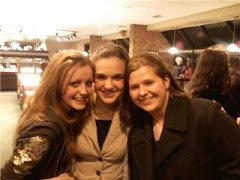
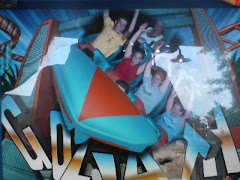

No comments:
Post a Comment